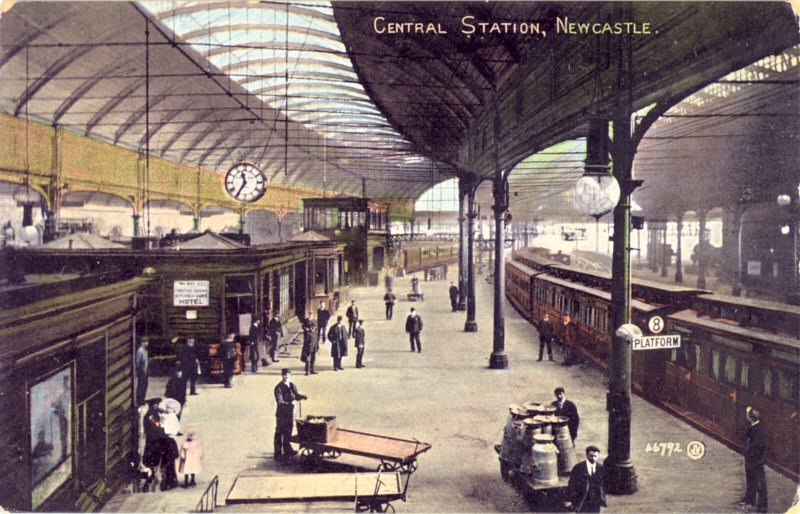
I have ink. I'm a girl and I have ink. So what you might care to ask? But so many people
I have come across pass judgements over a girl, a twenty something contemporary young lady apparently degrading her body by going under the
ink'ers needle. I'm too tired of people questioning why, of second strange glances over the size or design. And I know why it occurs - on the face of it I appear a "nice" girl - quiet to some extent, a bit of a geek at times, but nice, friendly, me. Possibly not the typical "inked" person.
I love ink and I always have. Since I was a young teenager it's always something
I've always wanted to do. I love art, and ink is my chosen way of
expression. I've always seen tattooing as one of the most expressive mediums of presenting yourself to the world (I'm not saying you should do it for the world however). Your body is your site, its your free
performative skin that you have for the rest of your life and it changes as you do. Its the thing that you can use most
effectively in moulding yourself and presenting yourself to those you address everyday. Everyone has skin, and
every one's skin is pretty much the same. So why not make your skin different?
But why am I judge because I do have ink? Don't I care that I'll have it for the rest of my life? (
no) What on earth will it look like when
I'm old and in my 70s?! (
who cares?!) Haven't I thought what guys will think about it when they strip me of my clothing and low and behold they see my ink on my shoulders and back (
I want a guy to love me for it).
I have an impulsive nature to do things when I want to do them. I do things
now because I want to have and do them now - not because of how things might be when
I'm 70, and if a guy doesn't like me for having ink - then I don't wanna be with that guy. And to be thinking what my
dragonfly ink will look like in 50 odd years is beside the point - if I never live that long.
My ink has always been the way of letting things go. With a history of self harming - the thrill and the buzz of going under the tattooists expert needle is a thrill I can never die of. Nor one I don't believe I could ever replace. It's the same thrill, well sometimes more then what I get from sex. Ink is my thrill. The tingle, the art, the medium and the painful pleasure is my addiction. It is my expression of me - of things that sit well inside me as well as they do outside.
Ink should be seen as an art, however it's morphed and hidden under many a dozen tacky ink that people choose - personal judgements, a lack of artistic flare of merely a regretful choice of ink may be the downfall to the performance of this art form. More so, surely the
judgements of others regarding myself as a person, as a young lady should not be merely formed on me having being ink. Me and my ink may be linked quite tightly together - I designed them. They are my ink. They are therefore me. But society, well some elements still question the art of the ink as being associated with
thuggery, deviance and crime. As if to be
inked your a criminal or a deviant.
Admire the art of my ink upon my body yes - but don't
categorise me for personal choice of self expression.

















